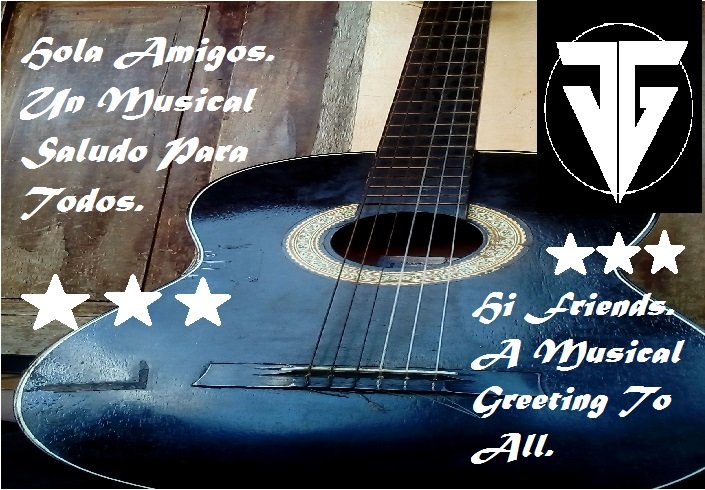
In this new article I would like to give you my opinion and present my arguments, albeit in words, about various controversies that exist regarding singing and present my position on the matter. I want to clarify and insist that whoever agrees with me or vice versa, can leave their comments and I will respond with all security.
En este nuevo artículo quisiera darles mi opinión y presentar mis argumentos, aunque sea con palabras, sobre varias controversias que hay en cuanto al canto y exponer mi posición al respecto. quiero aclarar e insistir que, quien esté de acuerdo conmigo o viceversa, puede dejar sus comentarios y yo responderé con toda seguridad.
Los temas más controversiales que tienen como principal objetivo al canto, Generalmente suelen ser lo referentes a la técnica correcta para cantar, existen muchos profesores que te explican la técnica vocal de una manera muy propia, es decir, ninguno te va explicar lo mismo que te explicaron los anteriores, cuando estamos en clases de canto con un profesor y nos vamos con otro, lo usual y lo que ellos te dicen es que nos olvidemos de lo aprendido anteriormente y se empieza desde el principio todo. Si ya tenías algún conocimiento no lo plantees en una clase diferente.
The most controversial topics that have singing as their main objective, generally tend to refer to the correct technique for singing, there are many teachers who explain the vocal technique in a very own way, that is, none will explain the same thing to you. The previous ones explained, when we are in singing classes with one teacher and we go with another, the usual thing and what they tell you is that we forget what we have learned previously and everything starts from the beginning. If you already had some knowledge, do not bring it up in a different class.
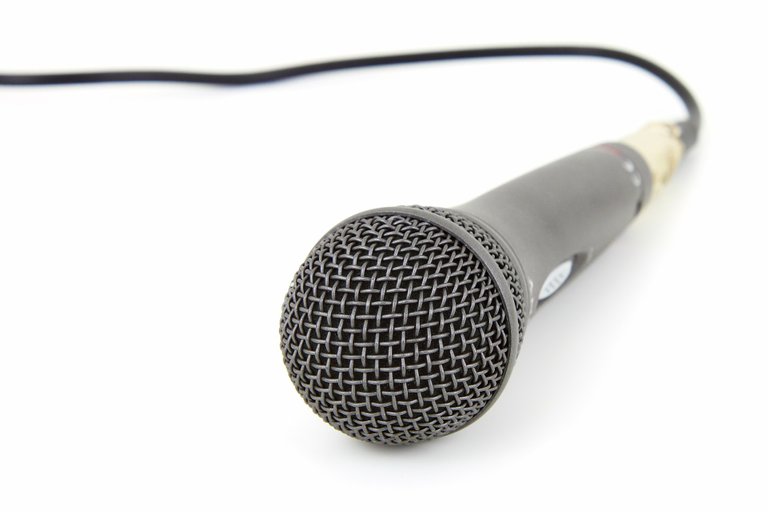
That has led to many ways of learning to sing, because each teacher does the same when singing, but each one explains differently, that is not bad, what happens in this case is that, when talking about how it is correct to sing, a strong discussion arises between all the singers because each one handles a different formula; they defend those formulas with great power. I am only going to give my point of view on each one, but in a very summarized way because in the next article I will talk more in depth about each one.
Eso ha hecho que se generen muchas maneras de aprender a cantar, porque cada profesor hace lo mismo cuando canta, pero cada uno explica diferente, eso no está mal, lo que sucede en este caso es que, cuando se habla de cómo es correcto cantar, surge una fuerte discusión entre todos los cantantes porque cada uno maneja una fórmula distinta; defienden con mucha imponencia esas fórmulas. Yo solo voy a dar mi punto de vista sobre cada una, pero de una manera muy resumida porque en próximos artículo hablaré más a fondo sobre cada uno.
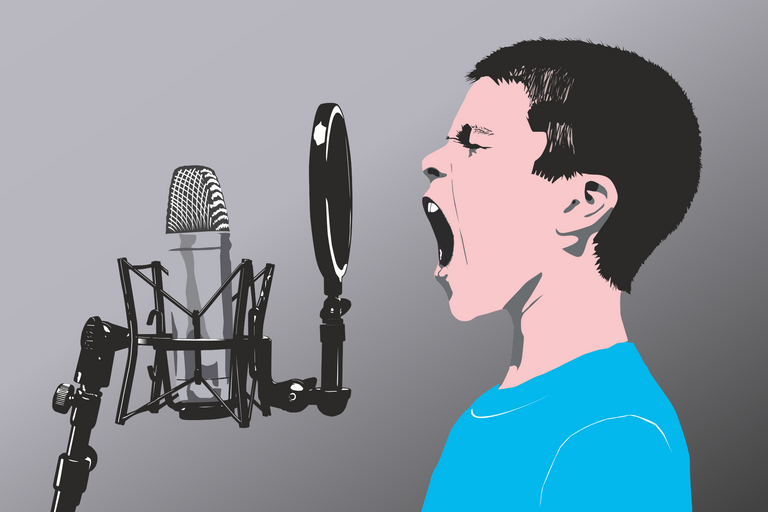
1) Mientras Más Te Relajas, Mejor Cantas VS El Canto Es Un Constante Ejercicio. // 1) The more you relax, the better you sing VS Singing is a constant exercise.
It is a controversy among those who say that singing well is only possible by relaxing the entire speech apparatus and releasing the air by controlling only the diaphragm. And those who claim that if you don't exercise your diaphragm and vocal cords, you will never generate a good singing technique.
Es una controversia entre los que dicen que cantar bien solo es posible relajando todo el aparato fonador y liberando el aire controlando solo el diafragma. Y los que afirman que si no ejercitas el diafragma y las cuerdas vocales, nunca se va a generar una buena técnica de canto.
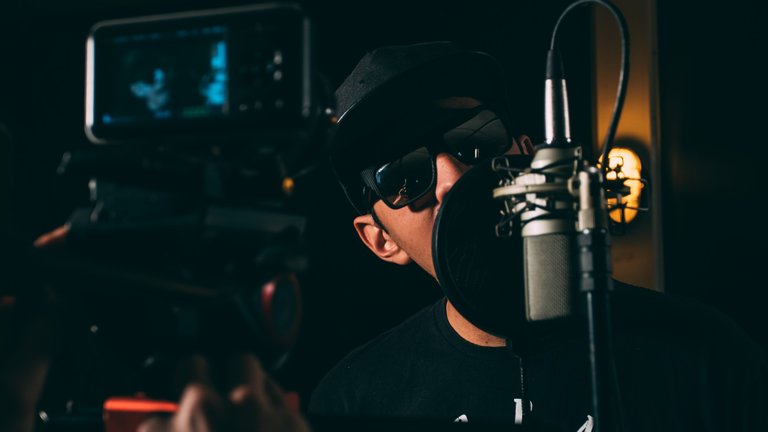
2) El Canto Lírico VS El Canto Popular. // 2) The Lyrical Song VS The Popular Song.
Those who think that lyrical singing is the only correct technique to sing well, while popular singers defend that their technique, because it has more range of practices, is the best technique to master singing perfectly.
Los que piensan que el canto lírico es la única técnica correcta para cantar bien, mientras que los cantantes populares defienden que su técnica, por tener más amplitud de prácticas, es la mejor técnica para dominar el canto a la perfección.

3) El Apoyo Del Diafragma Debe Ser Hacia Arriba VS El Apoyo Debe Ser Hacia Abajo. // 3) The diaphragm support must be upwards vs. the support must be downwards.
Professionals claim that the diaphragm has an upward support. And others speak of the support you did down because it relaxes more. This controversy is the most difficult for me to explain because both can be used and are not wrong, however the concepts of both terms are misinterpreted.
Profesionales afirman que el diafragma tiene un apoyo hacia arriba. Y otros hablan del apoyo hacías abajo porque relaja más. Esta controversia es la más difícil de explicar para mí porque ambas se pueden usar y no son equivocadas, sin embargo, se malinterpretan los conceptos de ambos términos.

* Aclarando // * Clarifying
I'm going to start giving my own concept, but as clear as possible, about the song. It is an instrumental study and practice. As simple as that. That is, when singing is the same as playing any other instrument, what is the difference between singing and other instruments? only that singing totally involves the human body, while other instruments require an object that is, the instrument itself, to make music, that's all.
Voy a empezar dando un concepto propio, pero lo más claro posible, sobre el canto. Es un estudio y practica instrumental. Así de simple. Es decir, cuando se canta es igual que tocar cualquier otro instrumento ¿cuál es la diferencia entre el canto y los demás instrumentos? solamente que el canto involucra de manera total al cuerpo humano, mientras que los demás instrumentos, requieren de un objeto que es, el instrumento en sí, para hacer música, eso es todo.
I think that the real mistake that all singers and singing teachers make is that we do not assume that the vocal apparatus for singing is an instrument like the others. all these controversies are unnecessary because they are the same, but with a different name and practice. if you sing relaxed, it is better, although it is also necessary to exercise the diaphragm and the vocal cords because they are muscles. The lyrical song is the origin, so it is necessary, however the popular song handles more ornaments, and it is also necessary. And depending on our body, which is different for each person, it is possible to work; or the support down, or the support up, is also indifferent.
Yo pienso que el verdadero error que todos los cantantes y profesores de canto cometemos, es que no asumimos que el aparato fonador para cantar es un instrumento como los demás. todas esas controversias son innecesarias porque son lo mismo, pero con diferente nombre y practica. sí se canta relajado, es mejor, aunque también es necesario ejercitar el diafragma y las cuerdas vocales porque son músculos. El canto lírico es el origen, de manera que es necesario, sin embargo el canto popular maneja más adornos, y también es necesario. Y dependiendo de nuestro organismo, que para cada persona es diferente, se puede trabajar; o el apoyo hacia abajo, o el apoyo hacia arriba, también es indiferente.
Maybe there will be those who read this article and disagree with me, just comment and so we can feed each other with knowledge, I hope you liked it.
A lo mejor habrá quiénes lean este artículo y no estén de acuerdo conmigo, solo comenten y así nos podemos alimentar de conocimiento mutuamente, espero que les haya gustado.
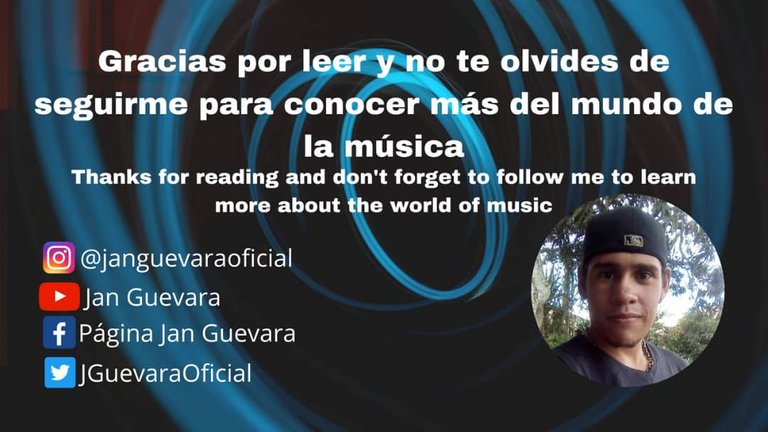
Traslater with Google Traslater.
If a singing teacher doesn't see the voice as an instrument, then it is not a singing teacher at all ;D
Of course, that voice is an "instrument" itself, and for professional singers, both in classical or any other genre, the technique is required. Even for amateur singers or autodidact ones, there has to be some basic knowledge and technique.
And I agree that instrumentalists need an object, an external musical instrument to produce sound, but the body and whole physical involvement is also kind of essential ;)
Regarding your last paragraph, there are people reading your article, well, you see, commenting too. So, one question is also coming, assuming you will be ok with that :)
What is your opinion about mental practicing, like practicing without an instrument and hence not developing the technique as there is no real playing? The same in vocal music too? What percentage of mental practicing should each singer take in the process of learning the pitch and the lyrics, the phrasing, and having a global structure in the mind of the song that will be performed?
And just one small digression, I know what you wanted to say in Spanish in the title, but in English, in this context canto would be singing, not song. Song se traduce como canción - forma de la obra musical, y no la acción de cantar. Hope you dont take this as a critique, just help. :)
Muchas gracias por tu comentario. Respondiendo tu pregunta, el canto es el estudio musical más mental de todos, ya que los cantantes, al no tener nuestro instrumento por fuera, se hace más trabajoso dominarlo y controlarlo, es ahí donde el trabajo mental lo es todo para el cantante, debemos usar siempre la imaginación y asociar los sonidos con algo que nos permita entender cómo lo vamos a tratar de imitar con la voz.
Y con respecto a tu opinión sobre la traducción no lo tomo como crítica, agradezco la observación, yo uso Google Traslater para traducir mis artículos, pero a veces no siempre se traduce como, y no me doy cuenta casi nunca porque yo no manejo nada bien el inglés sinceramente, pero muchas gracias por la observación y gracias por comentar.
Sí, me alegro que coincidimos en opinión que el estudio mental es tan tan importante. Todo viene de allí, y luego lo ponemos en practica a través de nuestros intrumentos, sea voz o cualquier otro intrumento!
Es perfecto que utilizes translate, hay varios, yo también a veces utilizo solo google, pero mira, luego hay una aplicación que se llama Grammarly, o puedes encontrar similares para comporobar el texto que te ha salido en inglés. Esto ayuda mucho :)
Es que el estudio mental es indispensable en la música, es necesario para realizar un buen trabajo en la ejecución.
Y gracias por brindarme las herramientas para traducir y que revise si la traducción es correcta, estoy muy agradecido, los voy a probar!!!👍👍👍
De nada, espero sean de ayuda. Un saludo :)
Congratulations @jangue2054! You have completed the following achievement on the Hive blockchain and have been rewarded with new badge(s):
Your next target is to reach 2500 upvotes.
You can view your badges on your board and compare yourself to others in the Ranking
If you no longer want to receive notifications, reply to this comment with the word
STOPCheck out the last post from @hivebuzz:
There are different way to sing and there are different technique backing up singing and vocal training. Different teacher with different type of training and this has made people learn a lot in various ways
Of course, yes, friend, the problem begins when they criticize each other and believe that their technique is the only one that should be applied, I very much agree with you, there are different techniques that help each speech device, they exist because speech devices They are not the same in every singer, and there are techniques that do not help many singers, and that is where the search for the best technique for our voice begins, but many do not understand that.
Thank you very much for your comment.
The argument is top notch because no one will want to be adhere
It is unfortunate but true.